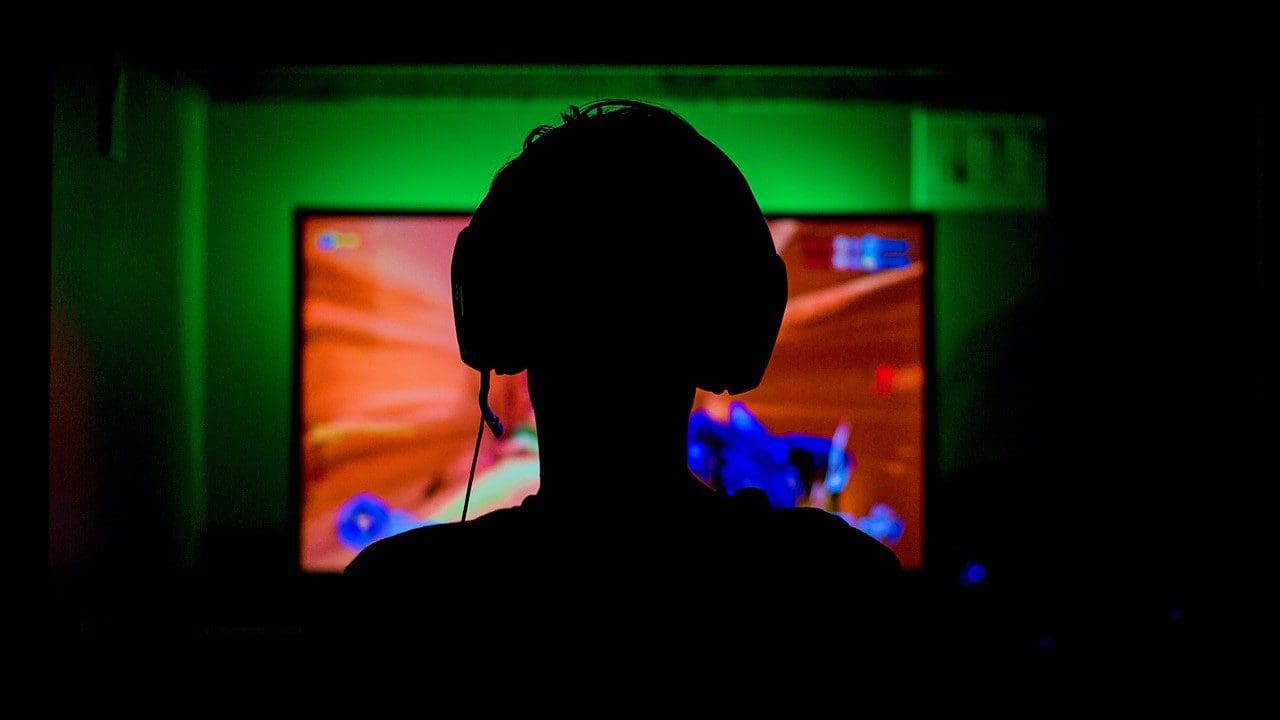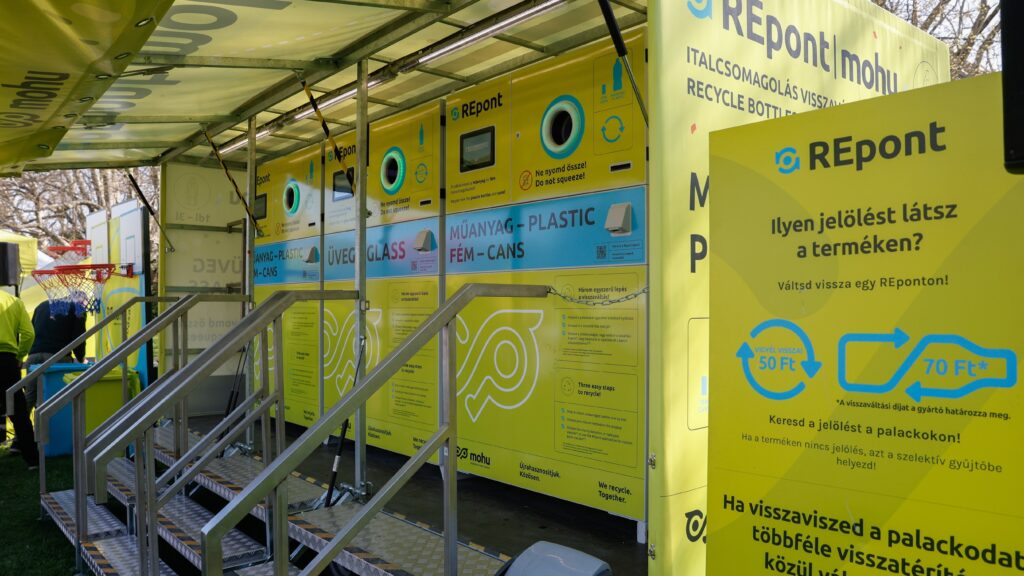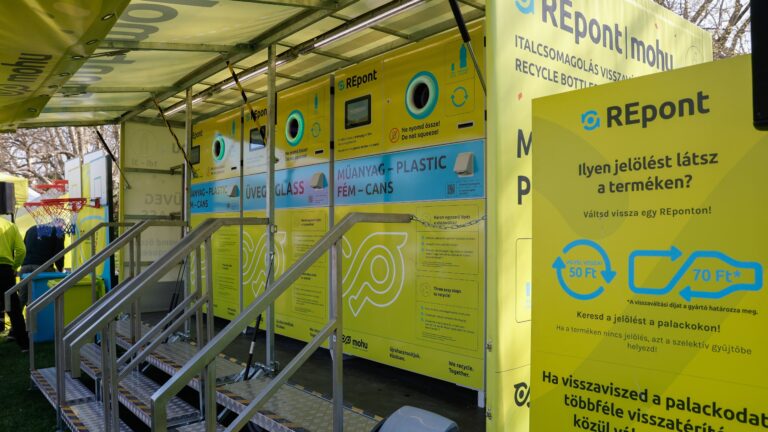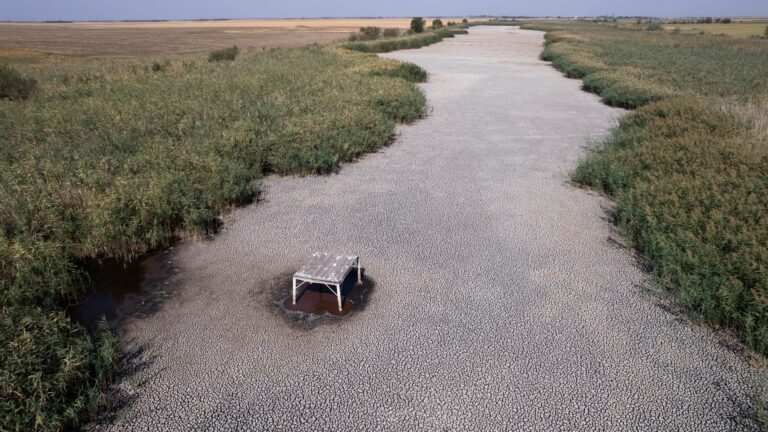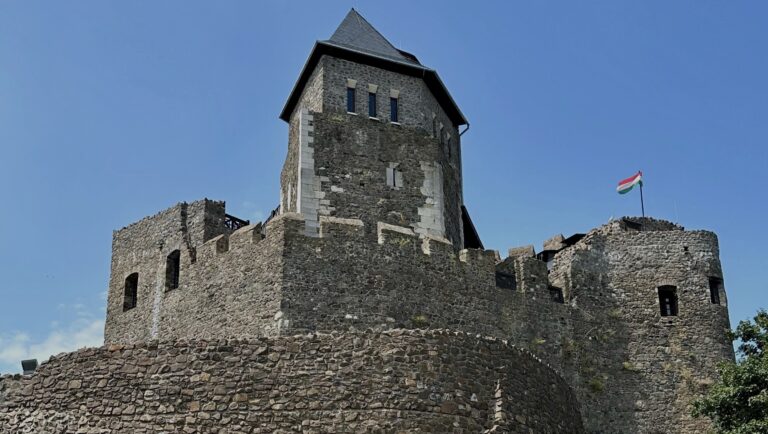The joint publication of the National Media and Infocommunications Authority (NMHH) and GameStar entitled Are our children good when they play? — A Knowledge Base on Video Games for Parents and Teachers has been released, the NMHH Press Office shared on Tuesday.
According to the statement, it is an important task of the authority is to develop media literacy among children and parents. NMHH is committed to drawing attention not only to the benefits but also to the risks associated with online activities.
The press release emphasised that developing media literacy and online child protection are among the strategic objectives of the NMHH. With this goal in mind, the NMHH has produced a fresh publication titled Are our children good when they play? — A Knowledge Base on Video Games for Parents and Teachers. The magazine-style knowledge base, based on fresh research materials, aims to address parents and educators with informative messages similar to the authority’s Is My Family Mobile? programme.
NMHH highlighted in their press release that in recent decades, video games have become the most profitable sector of the entertainment industry. Games no longer just represent individual entertainment but often function as online social spaces and can serve as a source of shared family fun. Children are accessing video games at increasingly younger ages.
According to surveys, 74 per cent of 6 to 9-year-olds play some form of game.
As children get older, this proportion remains relatively unchanged, with 78 per cent of those aged 10–16 and 69 per cent of the 17–18 age group indulge in this passion. This presents new challenges for parents, who not only have to deal with the increasing amount of time kids spend in front of screens, but also need to familiarise themselves with a new subculture, the gaming world, in order to assist and guide their children in their virtual adventures.
The NMHH and GameStar magazine aim to support parents and educators in this exploration. This year’s publication is a follow-up to the one titled Manual for Gamer Kids presented in February, a publication Hungarian Conservative also analysed. This version provides facts, data, perspectives, and frameworks that help better understand and become familiar with the gamer world. The magazine covers the most important aspects of gaming in four thematic sections. The first section introduces what it means to be a gamer, and to belong to this community. It aims to break down existing stereotypes and present an authentic, data-supported picture of gamers’ motivations and the reasons for the popularity of games. Most concerns related to games arise from the potential dangers, so the second section offers in-depth knowledge about these risks. It includes practical advice on the PEGI (Pan European Game Information) age rating system, on screen times, on how addiction develops, all of which can also aid in prevention.
The press release noted that video games also present numerous beneficial opportunities.
Conscious users can utilise the potential of games in various ways, which is explored in the third section. In addition to learning and skill development, games can help treat various mental disorders and even contribute to reducing screen time when used consciously. In the closing chapter, parents and teachers can familiarise themselves with the secrets and mechanisms of video games, gaining insight into the system and logic of game narratives.
With this publication, the NMHH supports and assists parents and educators in making responsible decisions. It encourages them to understand a media phenomenon and media consumption habits not only as dangers and risks, but also as potentially useful tools that can provide entertainment as well as facilitate development and learning.
Read more:

